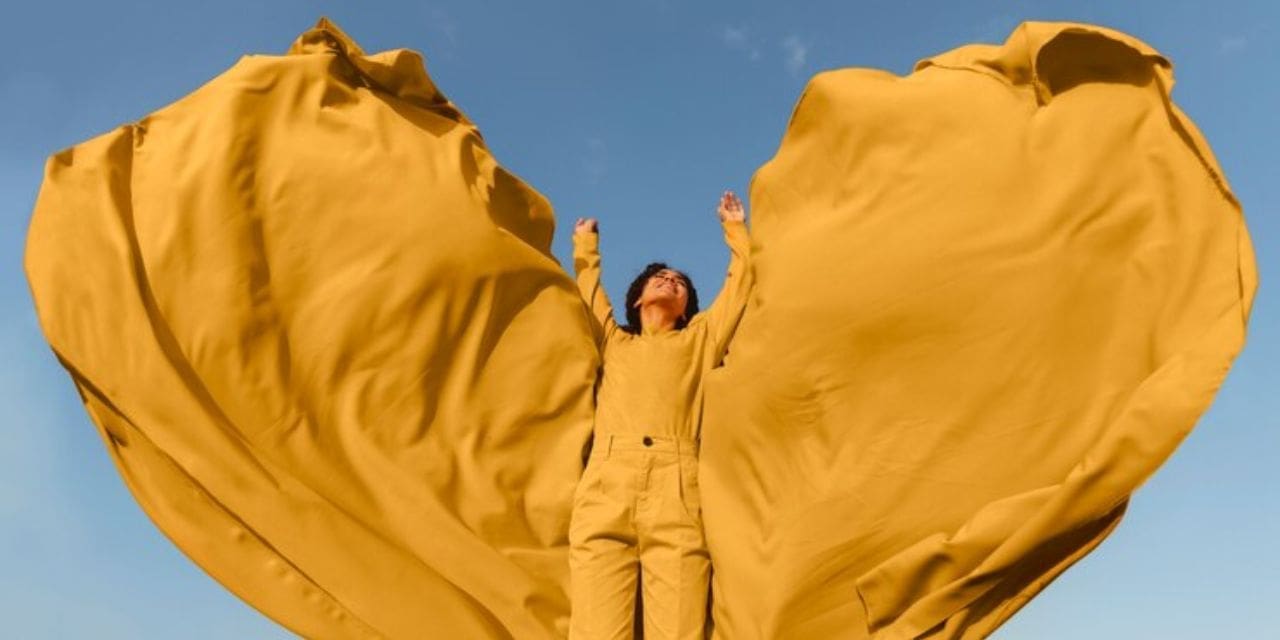A recent panel discussion titled “Knots, Loops, Tangles: Exploring Bengaluru through Textiles” shed light on the lesser-known contributions of Tipu Sultan to the city’s vibrant silk industry.
The discussion, part of the annual urban writing festival City Scripts, featured Bengaluru-based artist and art historian Suresh Jayaram, Archana Hande, and Jeevan Xavier. Panellists highlighted the often-overlooked role of Tipu Sultan in establishing Mysore’s (now Karnataka’s) sericulture industry.
Kickstarting a Legacy in Silk
Suresh Jayaram credited Tipu Sultan with “playing a very important role in textiles” for Mysore. He detailed the Sultan’s efforts to procure silkworms from China and Oman, laying the foundation for a thriving silk industry in the region.
Beyond the Silkworm: The Tata Silk Farm and Jacquard Loom
The discussion delved into other pivotal moments in Bengaluru’s textile history. Suresh Jayaram pointed to the establishment of the Tata Silk Farm in the 1890s as a turning point. This large-scale operation transformed the industry from a small-scale, cottage industry to a major player.
Archana Hande, another panellist, emphasised the global nature of silk, referencing the ancient Silk Route, a testament to silk’s significance as a global commodity for centuries. She highlighted the role of Tipu Sultan in bringing sericulture practices to Mysore and acknowledged the impact of the Jacquard loom, which made silk more accessible by allowing for faster production.
A City Woven in Textiles
The panellists also discussed the challenges faced by the industry, including the slow pace of technological adoption and the risk of traditional weaving skills disappearing. Striking a historical note, Jeevan Xavier emphasised the crucial role textiles played in shaping Bengaluru’s evolution. He argued that the city’s growth, following the decline of agriculture, was fueled by the textile industry, with the first two population booms directly linked to textile production.
From Tipu Sultan’s initiative to the global reach of silk and its impact on Bengaluru’s urban fabric, the panel discussion offered a rich tapestry of the city’s textile heritage.

